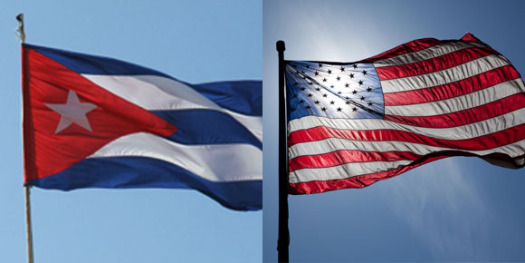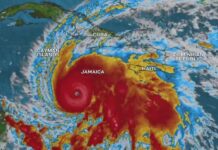
Roger Hamilton-Martin of Caribbean 360 discusses the new book, “Back Channel to Cuba,” which discusses the relationship between the United States and Cuba which was more robust than previously believed.
Hamilton-Martin writes:
“In a new book cataloging the recent history of clandestine exchanges between the U.S. and Cuba, the reliance on secret intermediaries belies the common perception that the two governments rarely communicated during the decades that followed the Cuban revolution in 1959.
Documents detail how Jimmy Carter acted as a secret intermediary for the Clinton administration during the 1994 Balseros immigration crisis and how Secretary of State Henry Kissinger ordered contingency plans drawn up to ‘clobber’ Havana in 1976 in response to Cuba’s military intervention in defence of the Angola’s MPLA government.”
Written by Peter Kornbluh, a Cuba expert at the non-governmental National Security Archive, and William LeoGrande, a veteran Cuba foreign-policy specialist at American University in Washington, DC, the book examines the secret meetings that took place between operatives in the United States and Cuba, particularly during the Clinton administration. The political influence of Cuban immigrants, many of whom did not not want the U.S. to communicate with Cuba, somewhat derailed attempts by the government to possibly reach a solution to long-term problems with the Caribbean nation.
Read more about this story at Caribbean 360.








